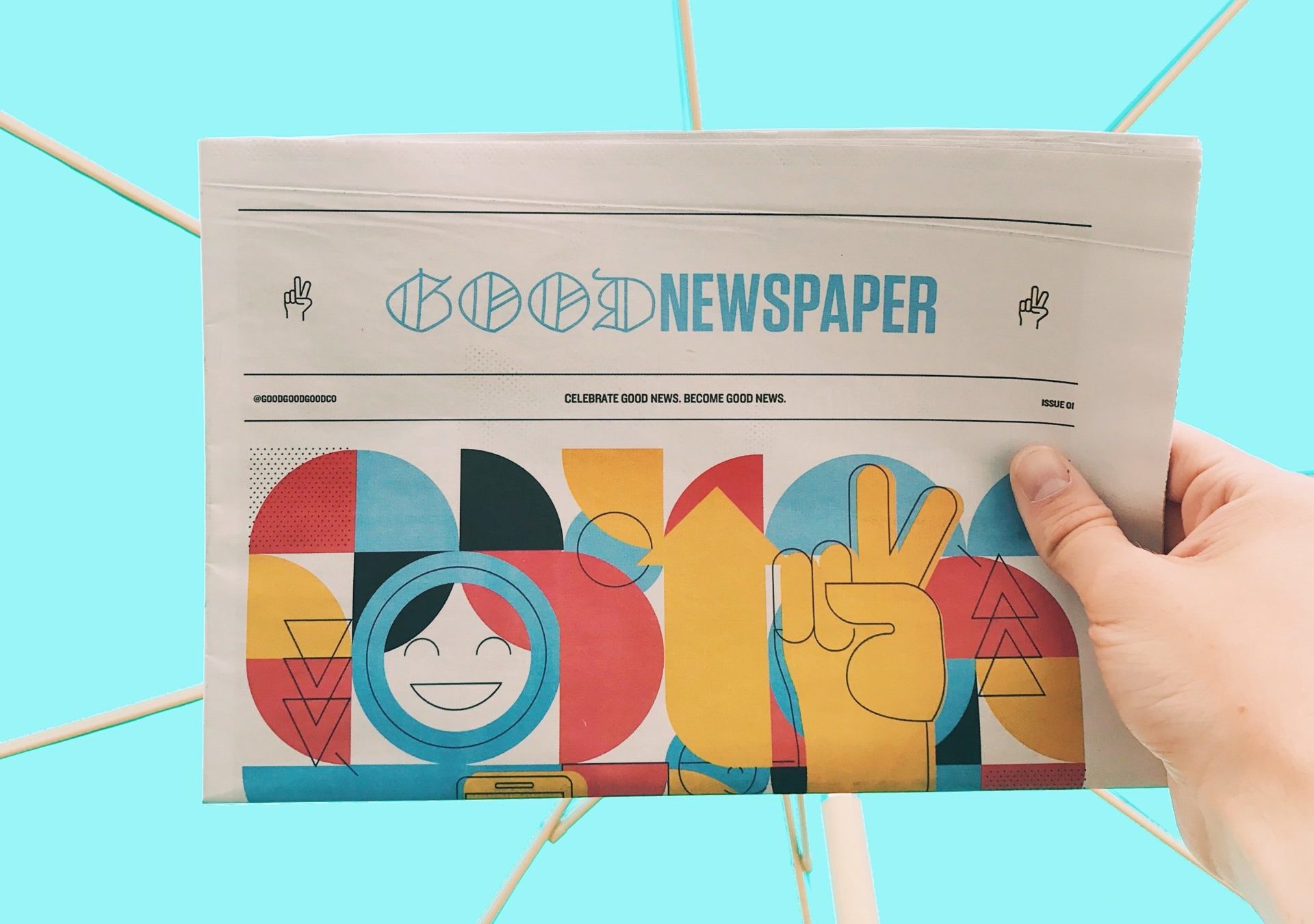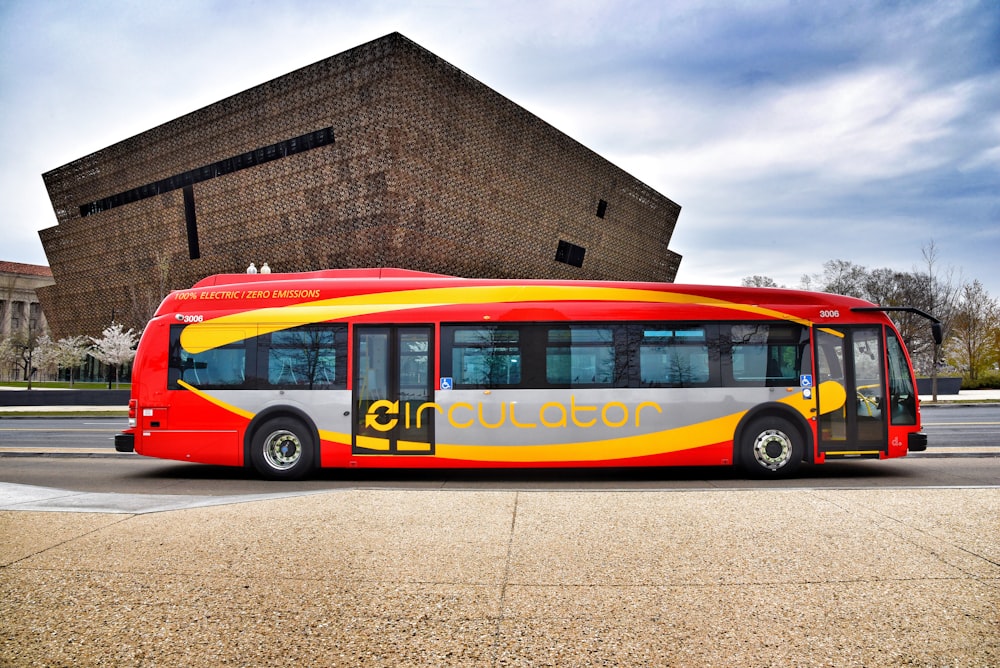Good News for the Planet in 2021

2020 was a tumultuous year with many ups and downs, even for the environment. In 2020, the COVID-19 pandemic not only wreaked havoc with our lives but also with the planet. Although carbon dioxide emissions decreased, the production of waste increased. Energy usage dropped, but water usage grew, as did the amount of shipping. While 2021 is sure to see some negative environmental news, there’s so much good news to look forward to.
Paper Bottles from PepsiCo
PepsiCo, home of Lays, Pepsi, Doritos, QuakerOats, and many others are on track to debut paper bottles this year. Working with Pulpex, the bottles will be made from pulp and is fully recyclable. This initiative is just another step to have all their products be recyclable by 2025.
PepsiCo isn’t the only company that will be using this technology, either. Unilever, which covers brands like Persil, Breyer’s Ice Cream, and Axe will be using it for their home products. Additionally, Diageo, an alcoholic beverage company, will be using it for some of their spirits.
Solar Power Boom
There are multiple solar power projects set to begin this year in the United States alone. The Mississippi Golden Triangle project is set to start set-up this year, with it being operational in late 2022. It’ll power over 45,000 homes and save over 225,000 kilograms of carbon emissions. There’s also the Pecan Prairie Solar project in Texas, which is set to power over 50,000 homes upon completion. These are good things, as it’s estimated solar power will make up the largest increase in energy available, percentage-wise, in 2021.

Biodegradable Face Masks
Since the COVID-19 pandemic began, face masks have suddenly become everyday wear for everyone, not just those in the medical field. It’s estimated that 129 million face masks are thrown away monthly: that’s a lot of waste. However, Geochanvre in France, have found a solution: face masks made of hemp. The hemp is formed into sheets that are cut and folded; the lining is made of corn, and the band is recyclable. You can check them out here.
Of course, until these become widely available, it is best to use reusable face-masks.
AMI’s Chemical Recycling Conference USA
Launching this year, this virtual conference will highlight challenges, innovations, and opportunities in chemical, or advanced, recycling.
Chemical recycling takes used plastics, breaks them down into base components, and then uses them for something else. Methods being used currently have increased recycling rates in the areas they’re being used, but a lot of work needs to be done. This conference will start the conversation for collaboration, investment, and legislation to make chemical recycling more sustainable and more widely available.
Drinking Can be Carbon Negative
The Air Company, based in New York City, has found a way to make vodka from carbon dioxide and water, making it carbon negative. In fact, it cleans the same amount of carbon dioxide as eight trees per liter. Sunlight generates electricity, which breaks down the carbon dioxide and water, and then it reforms into alcohol using patented catalysts. This alcohol can be used for many different things, from spirits to hand sanitizer, and it can be formulated into making glucose, a sugar.
They’re not stopping there, though. The next step: the alcohol being used as fuel, and the technology being used in outer space as life in space slowly starts to become a reality. Specifically, they want to use the technology to make life on Mars happen, as carbon dioxide is the primary gas in the atmosphere there.

Electric Busses for the Win
Electric cars have been around for some time, now, with popularity growing as they become more accessible. Turns out, electric busses for public transportation are coming too, all over the place. The Mountain Rides Transportation Authority (MRTA) in Idaho will be welcoming four new electric busses this year, with the goal to have the entire fleet be electric by 2027. It’s estimated that once the project is complete, over 1000 tons of carbon dioxide will be removed from the air per year.
New South Wales, Australia will also be welcoming electric busses to their fleet: 120 this year alone, starting in Sydney. Their plan is more ambitious: to switch the entire 8,000 bus fleet in the state to electric by 2030. Hamburg, Germany, will be adding more electric busses to their fleet over the coming years, too, along with Alexandria in Virginia, St. Louis in Missouri, and countless other cities around the globe.
The new year is already off on a running start, but no matter how weird this year gets, we’ll always have innovations and good ideas to look forward to.


Leave a Reply